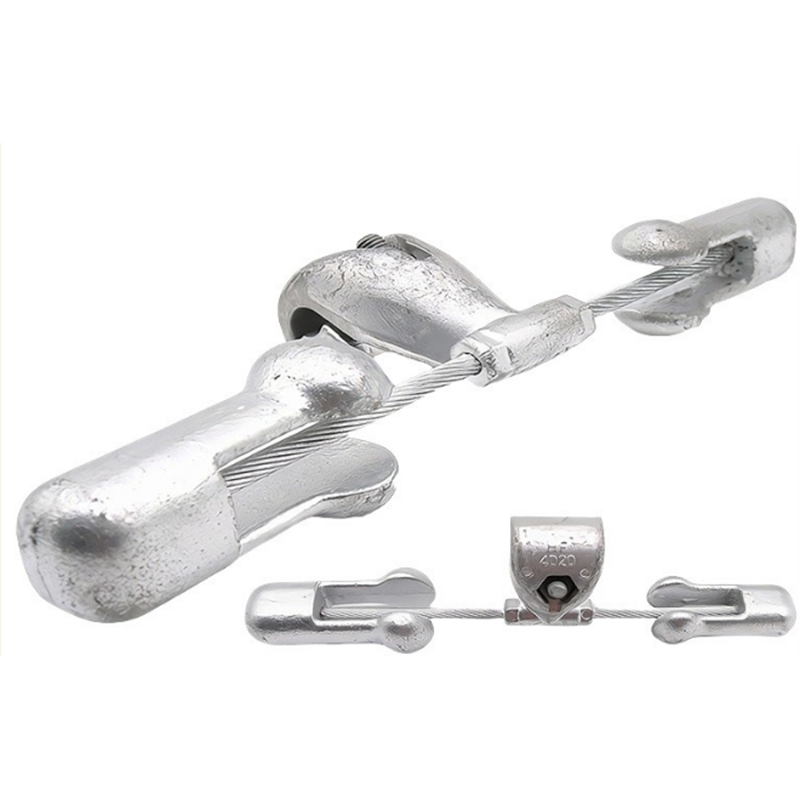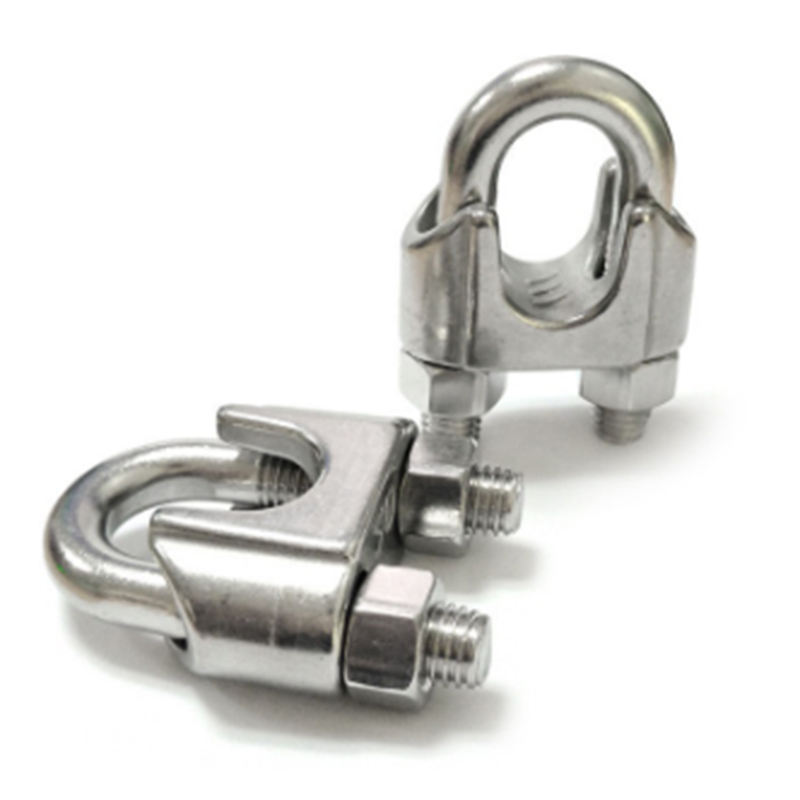- English
- Chinese
- French
- German
- Portuguese
- Spanish
- Russian
- Japanese
- Korean
- Arabic
- Irish
- Greek
- Turkish
- Italian
- Danish
- Romanian
- Indonesian
- Czech
- Afrikaans
- Swedish
- Polish
- Basque
- Catalan
- Esperanto
- Hindi
- Lao
- Albanian
- Amharic
- Armenian
- Azerbaijani
- Belarusian
- Bengali
- Bosnian
- Bulgarian
- Cebuano
- Chichewa
- Corsican
- Croatian
- Dutch
- Estonian
- Filipino
- Finnish
- Frisian
- Galician
- Georgian
- Gujarati
- Haitian
- Hausa
- Hawaiian
- Hebrew
- Hmong
- Hungarian
- Icelandic
- Igbo
- Javanese
- Kannada
- Kazakh
- Khmer
- Kurdish
- Kyrgyz
- Latin
- Latvian
- Lithuanian
- Luxembou..
- Macedonian
- Malagasy
- Malay
- Malayalam
- Maltese
- Maori
- Marathi
- Mongolian
- Burmese
- Nepali
- Norwegian
- Persian
- Punjabi
- Serbian
- Sesotho
- Sinhala
- Slovak
- Slovenian
- Somali
- Samoan
- Scots Gaelic
- Shona
- Sindhi
- Sundanese
- Swahili
- Tajik
- Tamil
- Telugu
- Thai
- Ukrainian
- Urdu
- Uzbek
- Vietnamese
- Welsh
- Xhosa
- Yiddish
- Yoruba
- Zulu
- Kinyarwanda
- Tatar
- Oriya
- Turkmen
- Uyghur

د سټینلیس سټیل بریکٹ بولټونه څنګه د چاپیریال دوستانه دي؟
23-09-2025
د نظر د سټینلیس سټیل بریکٹ بولټونه د چاپیریال دوستانه کیدل ممکن یو څو ابرو پورته کړي. په هرصورت، ایا ټول فلزي محصولات د انرژی شدید او د چاپیریال له پلوه د پوښتنې وړ ندي؟ دا یو عام غلط فهم دی ، مګر په عمل کې ، د فاسټینر صنعت کې دوامداره انتخابونه ، په ځانګړي توګه د شینګفینګ هارډویر فاسټنر فابریکې په څیر تاسیساتو څخه ، یو بل کیسه بیانوي.
د موادو مسایل
لومړی، راځئ چې د موادو په اړه خبرې وکړو. سټینلیس سټیل دا خورا پایښت لرونکی او د زنګ په وړاندې مقاومت لري، پدې معنی چې محصولات لکه بریکٹ او بولټونه چې له دې څخه جوړ شوي اوږد عمر لري. دا اوږد عمر د پرله پسې بدیلونو اړتیا کموي، کوم چې په پایله کې د سرچینو مصرف او ضایع کموي. په هیبي کې د شینګفینګ هارډویر فاسټینر فابریکې په ګډون د ډیری تولیدي تاسیساتو څخه لیدنه وکړه ، ما ډیری وختونه لیدلي چې ټینګار نه یوازې د دوامدار توکو تولید باندې بلکه په دوامداره توګه ترسره کولو باندې. د دوی موقعیت، لوی ترانسپورتي لارو ته نږدې، د لوژستیکي اخراج په کمولو کې هم مرسته کوي.
سربیره پردې ، سټینلیس سټیل په نه منلو وړ ډول د ریسایکل وړ دی ، او دا په ملکیتونو کې له تخریب پرته بیا کارول کیدی شي. تاسیسات کولی شي د سټینلیس فولادو زاړه محصولات په نوي توکو بدل کړي او اصلاح کړي، پدې توګه د سرکلر اقتصاد ملاتړ کوي. دا عمل د پام وړ د وریجن موادو استخراج اړتیا کموي، د فلزاتو په تولید کې د چاپیریال د مالیې ورکولو پروسې څخه یو.
د شینګفینګ هارډویر، د بیلګې په توګه، هرکله چې امکان ولري په خپلو محصولاتو کې ریسایکل شوي توکي شاملوي، داسې پریکړه چې د پایښت په لور د صنعت پراخ حرکت منعکس کوي. دا یوازې د چاپیریال هوښیار مصرف کونکو لپاره د بکس ټکولو په اړه ندي؛ دا د صنعتي پښو په کمولو کې په فعاله توګه برخه اخیستل دي.

د تولید پروسې
هغه طریقه چې د سټینلیس سټیل بریکٹ بولټونه تولید شوي هم د دوی په چاپیریال دوستۍ کې مهم رول لوبوي. د تولید پرمختللي تخنیکونو په وروستیو کلونو کې د پام وړ د انرژي مصرف کم کړی دی. د دې میتودونو په ښه کولو سره ، شرکتونه کولی شي اخراج د پام وړ کم کړي. د مختلف تولید مدیرانو سره زما د متقابل عمل څخه ، دا روښانه ده چې د انرژي موثریت نور یوازې وروسته فکر نه دی؛ دا یو لومړیتوب دی.
په ځانګړې توګه، د شینګفینګ هارډویر فاسټینر فابریکه عصري ماشینونه کاروي چې د ضایعاتو او انرژي کارولو کمولو لپاره ډیزاین شوي. په اغیزمنو، منظمو پروسو باندې د دوی تمرکز نه یوازې اقتصادي معنی لري بلکې د چاپیریال اغیزې کمولو کې مرسته کوي. دا طریقه په تدریجي ډول په ټول صنعت کې منعکس کیږي، ځکه چې ډیری فابریکې د چاپیریال هوښیار تولید دوه ګونې ګټې درک کوي.
د دې پروسو سره تطابق کېداى شي ابتدايي پانګه اچونه ولري، مګر اوږدمهاله سپما او د چاپیریال ګټې اکثرا د دې لګښتونو څخه ډیر وي. د تولید ټولنه په زیاتیدونکي توګه د دې بدلون ملاتړ کوي، پدې پوهیدل چې دا د سیالۍ پاتې کیدو لپاره دوامداره لاره ده.
ترانسپورت او لوژستیک
کله چې دا لوژستیک ته راځي، د کاربن فوټ پرینټ کمول اړین دي. د شینګفینګ ستراتیژیک موقعیت ته په پام سره د هیبي پو ټیسي صنعتي زون کې ، د ملي لویې لارې 107 ته نږدې ، د خامو موادو او چمتو شوي توکو لیږد د لوژستیکي وړتیا څخه ګټه پورته کوي. لنډې، ډیرې مستقیمې ترانسپورت لارې د شنو خونو د ګازو اخراج د پام وړ کمولو کې مرسته کوي.
ترانسپورت د نورو چاپیریال دوستانه اقداماتو په څیر په مکرر ډول نه خبرې کیږي ، مګر دا بې له شکه د محصول پایښت پروفایل اغیزه کوي. ما په لومړي سر کې لیدلي چې څنګه د تحویلي مهالویشونو او لارو اصلاح کول کولی شي د اخراج په کمولو کې ریښتیني توپیر رامینځته کړي. په ډیری قضیو کې، د شینګفینګ په څیر شرکتونه د دې لوژستیکي عناصرو په اړه فکر کوي، په دوامداره توګه کار کوي ترڅو د دوی پروسې اصالح کړي.
د جغرافیایي ګټو هاخوا، د محلي اکمالاتو ځنځیرونو منل کولی شي دا ګټې نورې هم پراخې کړي. د موادو سرچینه کول په محلي توګه د ترانسپورت اړتیاوې کموي، چې په پایله کې یې نور اخراج کمیږي.

د صنعت نوښتونه
نوښت یو بل مهم اړخ دی چې د بریکٹ بولټونو د چاپیریال دوستۍ شکل ورکوي. وروستي پرمختګونو د محصول ډیزاین کې انقلاب رامینځته کړی ، تولید کونکو ته وړتیا ورکوي چې د ځواک یا فعالیت قرباني کولو پرته لږ توکي وکاروي. د عصري ټیکنالوژۍ په کارولو سره، شرکتونه ډیر دوامدار محصولات جوړوي.
دا په زړه پوري ده چې شاهدي ورکړو چې څنګه د عصري انجینرۍ او ډیزاین اصول د دودیزو فاسټینرونو بیا تعریف کولو لپاره کارول کیږي. د شینګفینګ هارډویر فاسټینر فابریکه، د بیلګې په توګه، په دوامداره توګه د تولید نوي میتودونه لټوي، د وخت سره د پرمختګ لپاره د خلاصون ښودنه کوي. د ټیکنالوژۍ په سر کې پاتې کیدل نه یوازې د بازار غوښتنې پوره کوي بلکه د چاپیریال اجنډا سره سمون لري.
د دې صنعت نوښتونه هم د ښکیلو اړخونو سره مخ کیږي، د چاپیریال دوستانه کړنو لپاره د پراخ ملاتړ سیسټم هڅوي. دا یوازې یو رجحان نه دی؛ دا د مسؤل تولید کونکو لپاره معیاري کیږي.
د ریښتینې نړۍ اغیزې
د سټینلیس سټیل بریکٹ بولټونو چاپیریال دوستانه طبیعت یوازې نظري ندي. په عمل کې، دا برخې د پایښت وړ زیربناوو په جوړولو کې مهم رول لوبوي. که په ساختماني، صنعتي ترتیباتو، یا ورځني محصولاتو کې، د دوی دوامدار، د بیا رغونې وړ ځانګړتیاوې د اوږدمهاله چاپیریال اهدافو ملاتړ کوي.
لکه څنګه چې د شینګفینګ په څیر تولید کونکي د چاپیریال هوښیار ستراتیژیو غوره کولو ته دوام ورکوي ، صنعت د پام وړ پایښت ترلاسه کولو ته نږدې کیږي. دا د دې ننګونو پرته نه ده - د لګښت توازن کول، موثریت، او د چاپیریال دوستانه اقدامات پیچلي کیدی شي - مګر دا په زیاتیدونکي توګه د ممکنه او اړین تعقیب په توګه پیژندل کیږي.
په لنډیز کې، د فاسټینر تولید کې د پایښت په لور سفر د دې خنډونو پرته نه دی، مګر صنعت بې له شکه سم لوري ته حرکت کوي. په دوامداره توګه د عملونو او نوښتونو ښه کولو سره ، د سټینلیس سټیل بریکٹ بولټونه واقعیا په ګوته کوي چې حتی خورا بې پامه اجزا هم کولی شي په زرغون راتلونکي کې مرسته وکړي.








